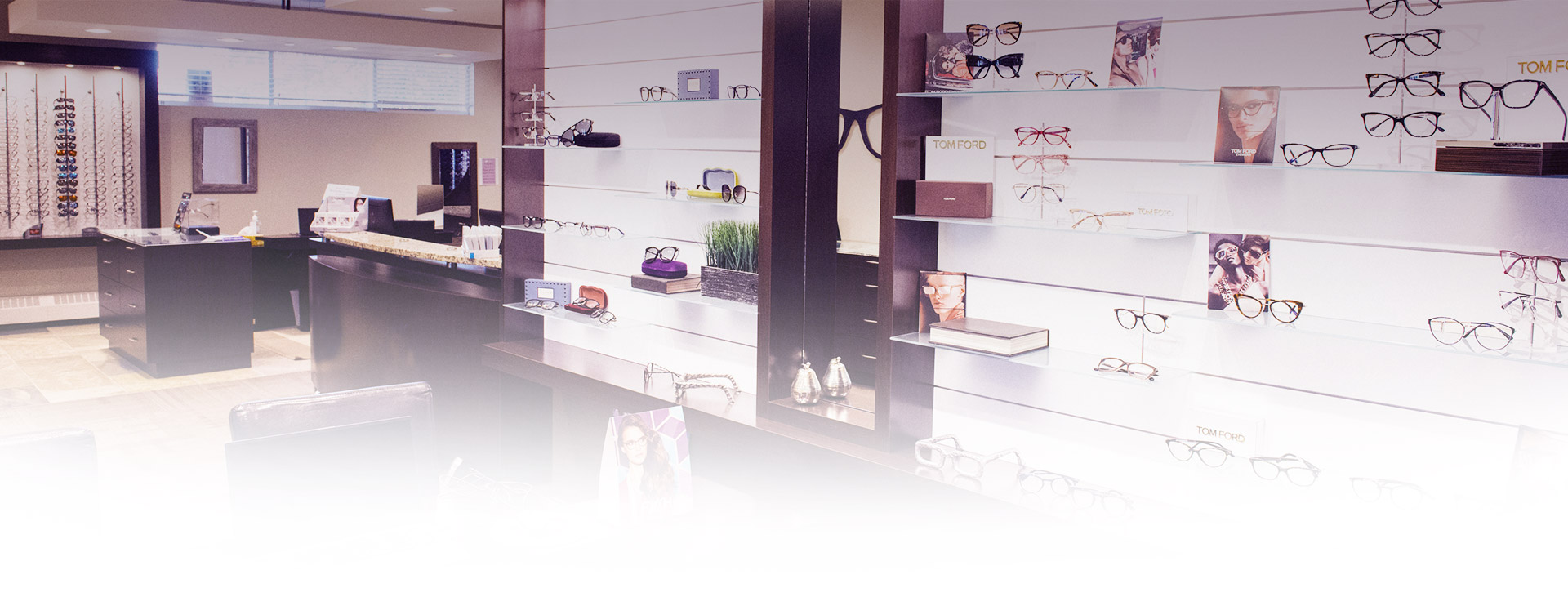A properly fitted pair of contact lenses should feel invisible on your eyes. It’s nice to forget you’re wearing your contacts and embrace clear vision, but you should make sure you don’t accidentally fall asleep while wearing them.
You shouldn’t sleep with regular contact lenses, not only because you may wake up with irritated eyes, but it can also increase your risk of infection. Some manufacturers have designed contact lenses for extended wear, and you can wear them while sleeping, but only if you have your optometrist’s approval.
The better you understand how contact lenses affect your eyes, the better you can protect your visual health.
Your Eyes Need Oxygen
The simple fact is, our eyes need oxygen to stay healthy, just like the rest of our body. But, while blood vessels typically transfer oxygen where it needs to go, the corneas at the front of our eyes don’t have a blood supply. So instead, they get oxygen directly from the environment or through tears.
Wearing a contact lens, which sits directly on the cornea, can reduce the oxygen supply. This could lead to a condition called corneal hypoxia. Fortunately, modern gas-permeable lenses increase the amount of oxygen that can pass through. However, keep in mind that they aren’t 100%, and once you add in having your eyes closed while sleeping, the oxygen reaching your cornea is much lower.

Risk of Infection
Oxygen starvation isn’t the only risk that comes with sleeping in contacts. The most popular type of contact lenses is soft contact lenses, with about 90% of wearers choosing them over rigid gas-permeable (RGP) lenses.
There are many reasons for this. Some people like how comfortable they are, while others like that they don’t have to spend extra time cleaning them since they’re typically disposable. However, their flexible polymer material retains moisture but can also absorb things you don’t want in your eye, like protein and lipid deposits.
If you’re not careful, you may end up with an eye infection. Even if you wear reusable RGP lenses, you’re still at risk of bacteria transferring to your eyes if you’re not cleaning your contacts properly. When you sleep while wearing daytime contacts, you can increase your chance of infection.
Bacterial Keratitis
Bacterial keratitis is the most common infection caused by sleeping in contact lenses. It happens when bacteria from your body or the environment get onto your cornea. Normally, your cornea can fight off these intruders, but without oxygen, it can lose the ability to protect itself.
This infection could permanently scar your cornea and lead to blindness if left untreated. It’s not all bad news, of course. Your optometrist can prescribe eye drops to deal with the bacteria or steroid drops if the infection is more severe.
Fungal Keratitis
3 fungal species can cause fungal keratitis: Candida, Fusarium, and Aspergillus. It’s a rare infection and more common in tropical places, but it can still happen in Canada.
Generally, you can trace this type of infection back to an injury involving a plant, such as getting scraped around the eye with a thorn or stick. After this, the fungi can live in your eye’s thin mucous membrane. If you then sleep in contacts and starve your cornea of oxygen, you can increase the risk of a fungal infection.
Antifungal medication should be able to treat this condition, but if allowed to progress, it could lead to blindness in the infected eye.
Acanthamoeba Keratitis
Acanthamoeba keratitis is a rare infection but can be serious in the long term. Tiny organisms that live in water called Acanthamoeba are the primary cause. These amoebas can be found all over the place: in lakes, rivers, tap water, hot tubs, and many other water sources.
These organisms are a great reason not to rinse your contacts off in the sink. They love water, and if they’re on your lens when you sleep, the reduced oxygen reaching your corneas can reduce their ability to fight off microorganisms.
If your optometrist sees signs of this type of keratitis, they’ll likely start you on a regimen of medicated eye drops. If that doesn’t work, you may need surgery to resolve the problem.
I Fell Asleep with Contact Lenses; Now What?
The good news is: it’s probably okay if you accidentally slept with contact lenses once. However, it really depends on how long you’ve slept. A 30-minute nap will affect you very differently from a full night’s sleep. Either way, you’ll probably notice some irritation when you wake up.
The first thing you should do is remove the contacts. If your contact lenses have dried, you may find them hard to get out. Don’t force them out, and don’t panic if you’re having some difficulty. Instead, place a couple drops of sterile contact solution into your eye and blink a few times to spread it around. When you’re ready, try to remove them again now that they have extra lubrication.
After you’ve removed the contacts, take a break from wearing them for a day. You’ll want to give your eyes time to recover and replenish the oxygen they so desperately need. It’s a perfect time to use those backup glasses you’ve been keeping around.
This is also the time to pay attention to any odd feelings in your eyes. See your eye doctor immediately if you notice the following symptoms:
- Blurry vision
- Mucus or discharge
- Red eyes
- Excessive tear production
Also, make sure you put the contact lenses you slept in into a plastic container so your eye doctor can test them for bacteria.
Reliable Local Eye Care
Visionary Eye Centre offers a range of contact lenses for your daily needs, including types designed for extended wear. Our skilled team is ready to answer your questions and help you find comfort in your vision.
If you’re still wondering how best to care for your contact lenses, don’t hesitate to give us a call!



